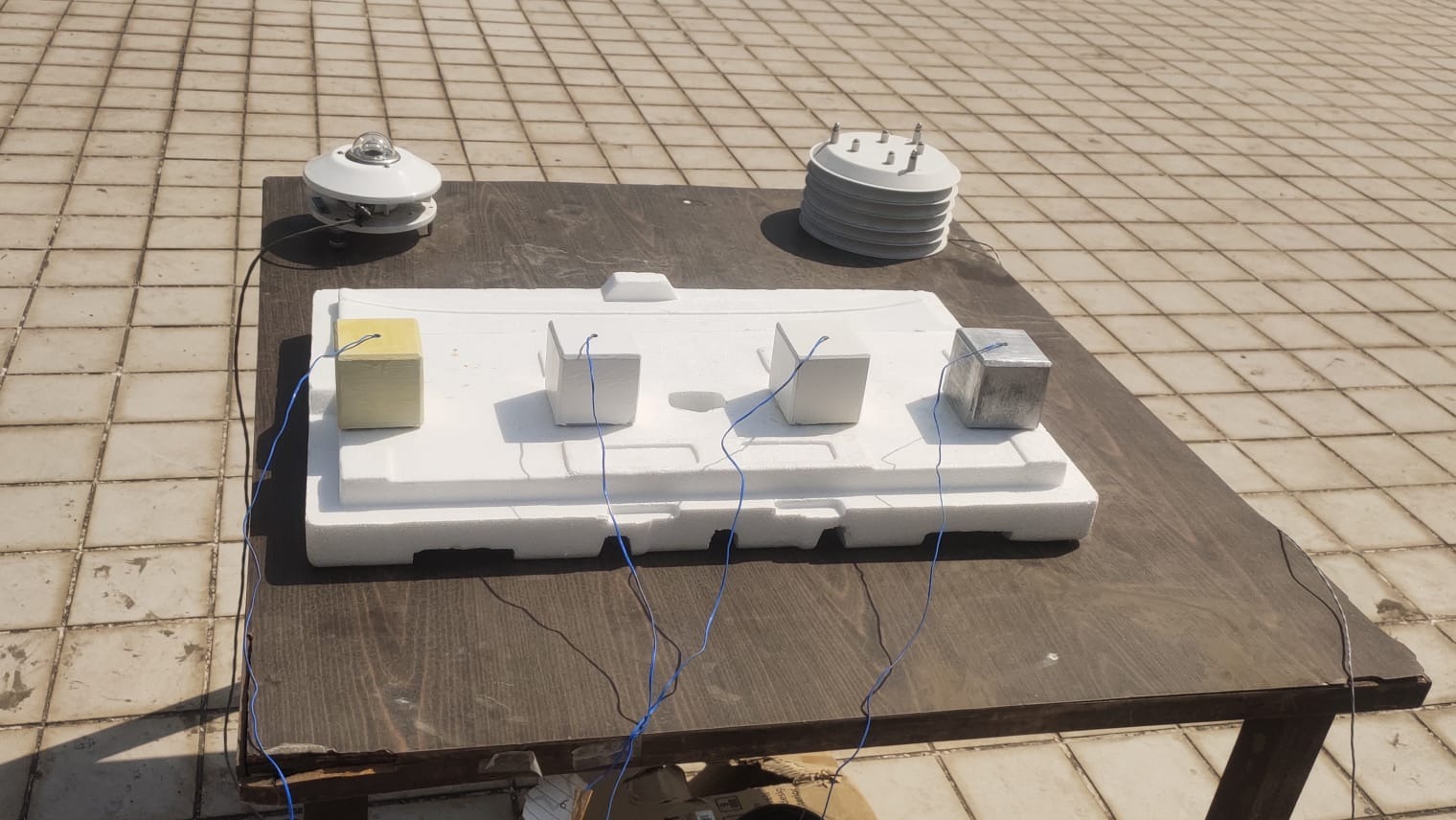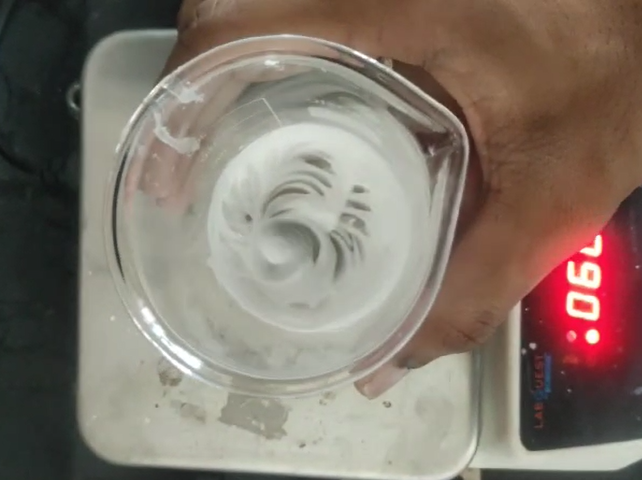
Research Intern
Department of Energy Science and Engineering, IIT Bombay
Jan 2024 - Present
The motive is to evaluate diverse passive mode cooling strategies, with a particular emphasis on incorporating evaporative and radiative cooling techniques. I am exploring and analyzing the effectiveness of these methods independently and devising innovative approaches to synergistically combine them. This research contributes to enhancing energy-efficient and sustainable cooling solutions for various applications.
Skills: Research · Radiation · Heat Transfer · Optics · Research and Development (R&D)
About DESE, IIT Bombay
The Department of Energy Science and Engineering (DESE) focuses on research and education for the development of sustainable energy systems for the future. The Department is an unique blend of science and engineering for the Energy sector. DESE is a leading interdisciplinary energy education and research hub. DESE has developed several novel education programs Focusing on the application of science and engineering to problems in energy.
About my Role
At the Department of Energy Science and Engineering, IIT Bombay, my research internship is guided by Prof. Karthik Sasihithlu and is concentrated on advancing passive cooling strategies, with a keen emphasis on integrating evaporative and radiative cooling techniques. Our objective is to evaluate the efficacy of these methods independently and investigate innovative approaches to synergistically combine them. By delving into the intricate details of each cooling method, we strive to devise novel solutions that enhance energy efficiency and sustainability across various applications.
One significant aspect of our research involves the development of specialized roof coatings utilizing nanomaterials such as TiO2 and BaSO4. These advanced materials have unique properties that can substantially improve the efficiency of radiative cooling. Through meticulous experimentation and analysis, we are investigating ways to optimize the composition of these paints to maximize their radiative cooling capabilities. Additionally, we are investigating methods to integrate evaporative cooling principles into these paints, further augmenting their cooling efficiency.
Our efforts are oriented towards addressing the pressing need for energy-efficient cooling solutions in a variety of contexts. By harnessing the potential of both evaporative and radiative cooling techniques and integrating them into innovative roof paint formulations, we intend to contribute to the development of sustainable cooling technologies. Ultimately, our research endeavors at the intersection of nanomaterials, passive cooling strategies, and sustainability are poised to make a meaningful impact on the pursuit for more efficient and environmentally friendly cooling solutions.


Post a comment